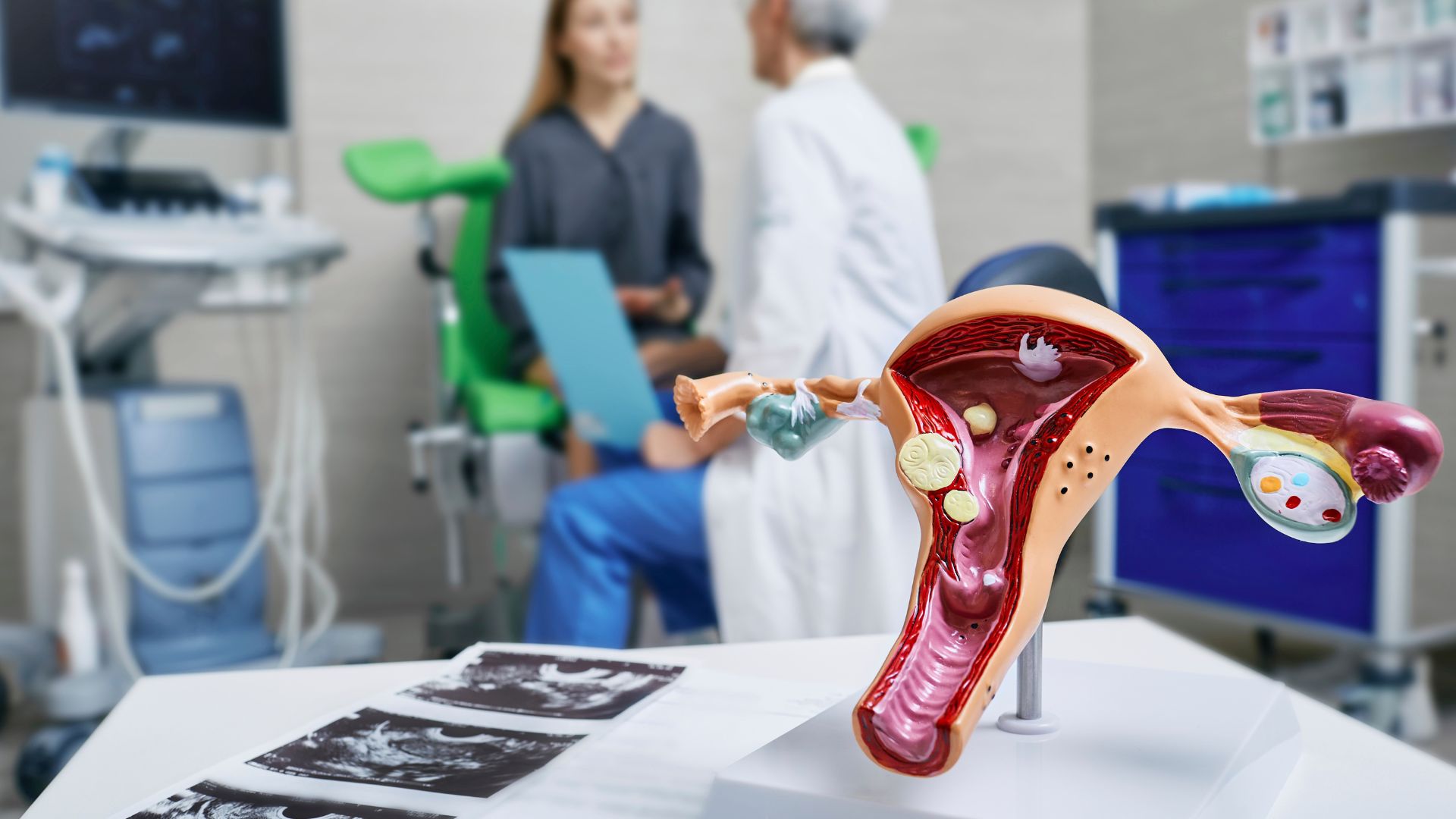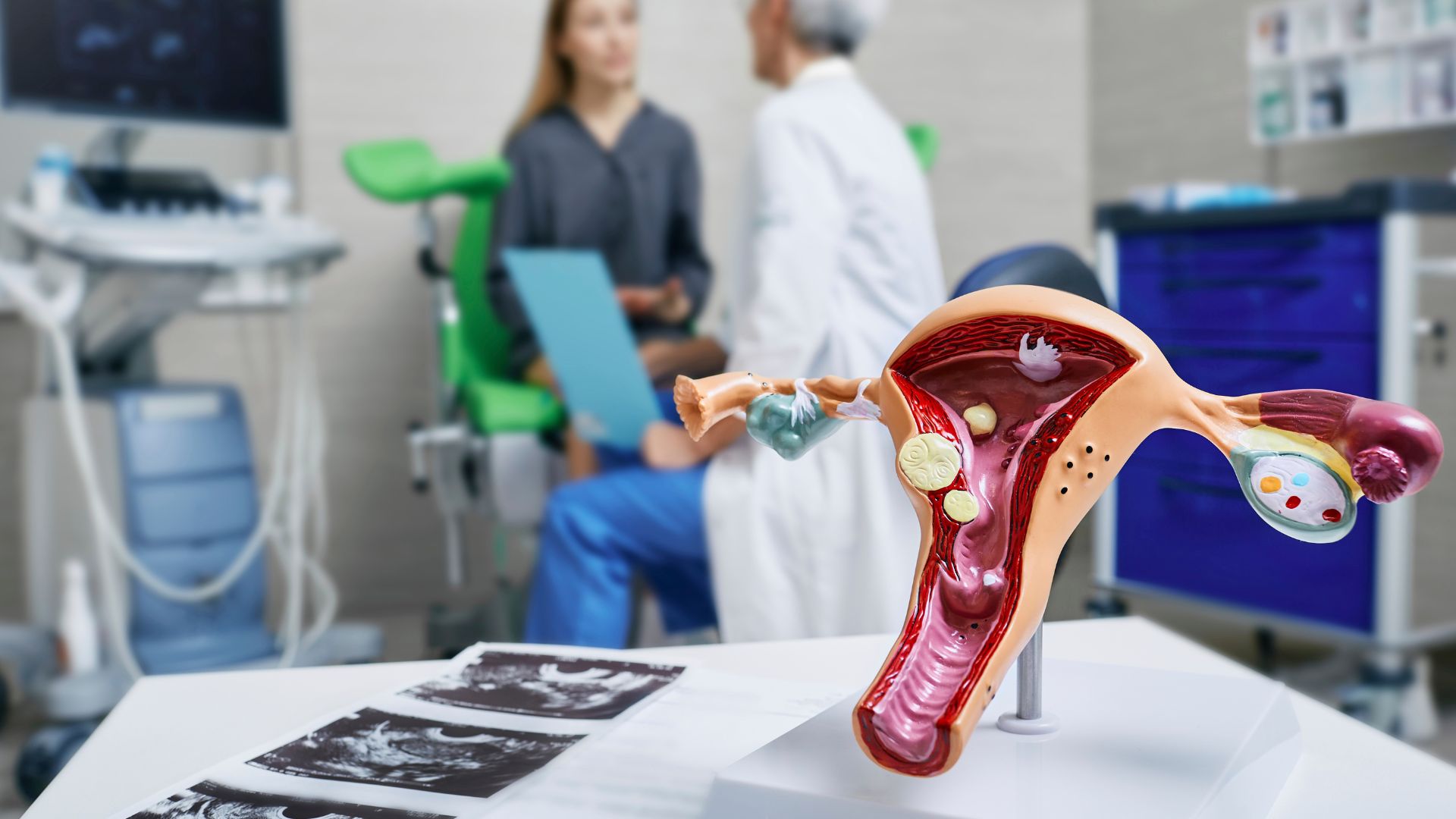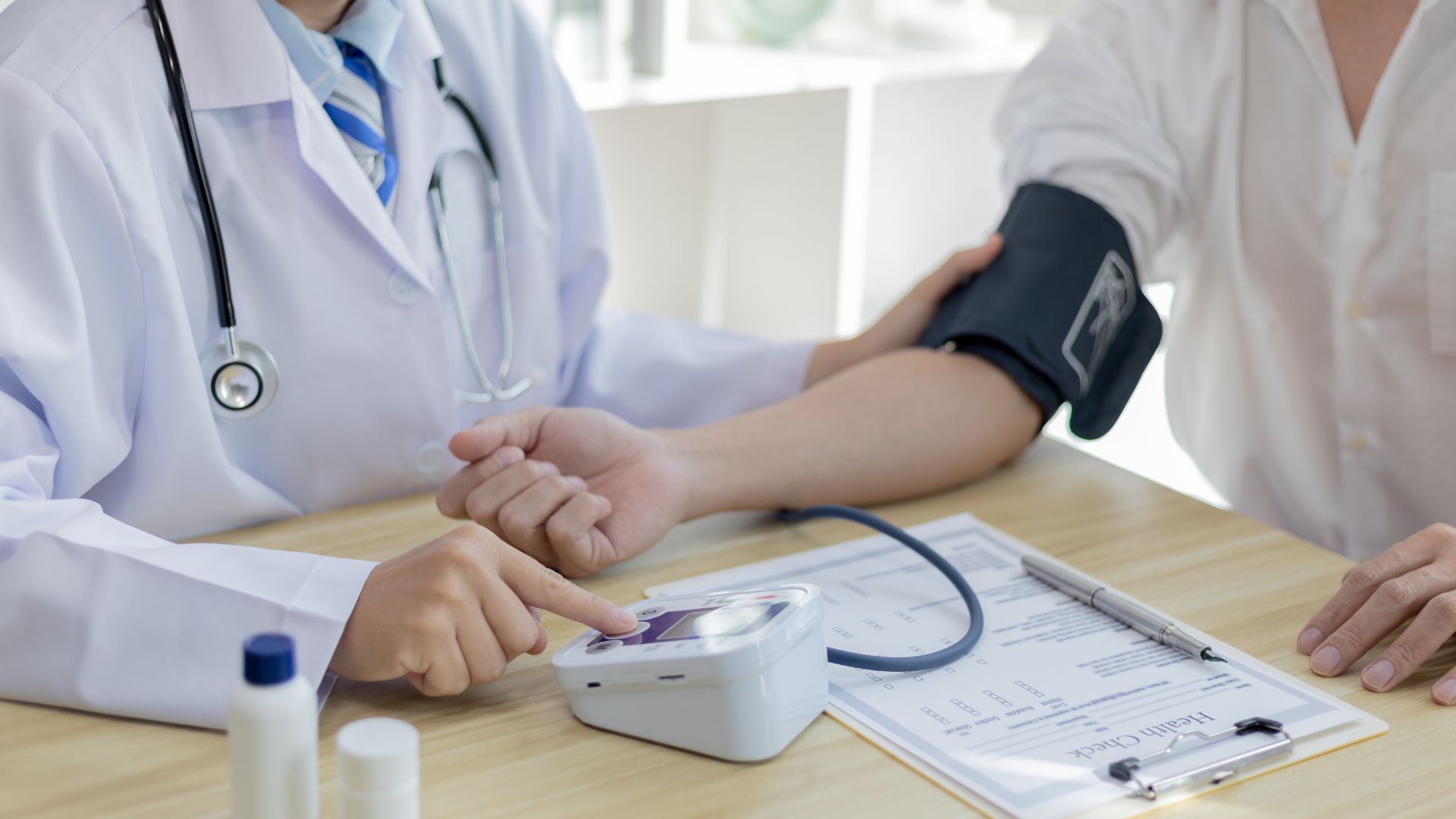
Gynecological health consultations are essential medical appointments designed to evaluate and maintain women’s reproductive wellness. By combining a thorough examination with preventive screenings, these visits support early detection of cervical cancer, ovarian issues, breast abnormalities, and sexually transmitted infections. This guide outlines what a gynecological health consultation entails, common procedures, preparation strategies, criteria for specialized care, and how regular exams empower ongoing health management.
What Is a Gynecological Health Consultation and Why Is It Important?
A gynecological health consultation is a structured clinical visit in which a gynecologist assesses reproductive organs, discusses medical history, and provides preventive screenings to detect conditions early and promote long-term wellness. This foundational appointment integrates symptom assessment with evidence-based screening guidelines, ensuring timely identification of infections, hormonal imbalances, and neoplastic changes. Early intervention through these consultations lowers morbidity and supports informed health decisions.
What Does a Gynecologist Do During a Consultation?
In a consultation, a gynecologist reviews patient history, examines the breasts and pelvis, and discusses menstrual patterns, contraception, and lifestyle factors to diagnose or rule out conditions. During the exam, the clinician may palpate the abdomen and perform a speculum-assisted pelvic evaluation to visualize cervical health. This hands-on approach directly links clinical findings to personalized care recommendations, leading to more targeted preventive strategies.
How Do Gynecological Consultations Support Preventive Care?

Gynecological consultations support preventive care by integrating screenings such as Pap smears, HPV testing, breast exams, and STI panels into routine visits, reducing the risk of serious disease through early detection. Regular screening intervals follow established guidelines and adapt to individual risk factors, ensuring that conditions like cervical dysplasia or breast lesions are caught in asymptomatic stages. Systematic prevention underpins lifelong reproductive health maintenance and guides patient education on lifestyle modifications.
When Should Women Schedule Their Gynecological Visits?
Women should schedule annual gynecological consultations beginning at age 21 or within three years of sexual activity onset, with frequency adjusted based on age, medical history, and risk factors. After initial visits, age-specific intervals apply—for example, Pap tests every three years for ages 21–29 and combined HPV/Pap screening every five years for ages 30–65. This scheduling ensures adherence to preventive care timelines and aligns follow-up visits with evolving health needs.
What Happens During Common Gynecological Procedures and Screenings?
Common gynecological procedures combine diagnostic visualization, sample collection, and physical examination to identify abnormalities early and confirm diagnoses. Understanding each procedure’s purpose demystifies expectations and promotes patient comfort by clarifying mechanisms and detection capabilities.
| Procedure | Attribute | Value |
|---|---|---|
| Pelvic Exam | Diagnostic Scope | Evaluates the uterus, ovaries, cervix, and vagina |
| Pap Smear | Screening Frequency | Every 3 years (ages 21–29), 3–5 years (30–65) |
| Clinical Breast Exam | Detection Focus | Identifies lumps or tissue changes |
| STI Testing | Recommended Interval | Annually for sexually active patients |
These procedures collectively screen for infections, precancerous changes, and structural abnormalities. Recognizing how each test operates fosters informed participation and reduces anxiety about the visit.
How Is a Pelvic Exam Performed and What Does It Detect?
A pelvic exam involves external inspection and speculum-assisted visualization of the cervix, followed by bimanual palpation to assess uterine size and ovarian texture; it detects fibroids, ovarian cysts, and vaginal infections. After explaining the process, the provider ensures patient comfort and notes any tenderness, discharge, or irregularities to guide further testing.
What Is a Pap Smear and How Often Should It Be Done?
A Pap smear collects cervical cell samples via a speculum and brush to screen for abnormal cytology and HPV, typically performed every three years for women aged 21–29 and every three to five years for ages 30–65 with HPV co-testing. This targeted method significantly lowers cervical cancer incidence through early lesion identification.
Pap Smear Guidelines
The USPSTF recommends cervical cancer screening with a Pap smear every three years for women aged 21 to 29. For women aged 30 to 65, screening can be done with a Pap test every three years or with a combination of Pap and HPV testing every five years.
Pap Smears
This highlights the recommended screening intervals for cervical cancer prevention.
What to Expect During a Clinical Breast Exam?
During a clinical breast exam, the gynecologist palpates breast tissue and lymph nodes using a systematic pattern to identify masses, skin changes, or discharge, complementing mammography and supporting early cancer detection. Patients are guided on self-exam techniques, reinforcing ongoing vigilance.
When Is STI Testing Recommended in Gynecological Visits?
STI testing is recommended annually for sexually active women, with more frequent screening for those with new or multiple partners, symptoms, or known exposures. Comprehensive panels commonly include chlamydia, gonorrhea, syphilis, and HIV, ensuring timely treatment and reducing transmission risks.
STI Testing Guidelines
The CDC recommends annual STI testing for sexually active women under 25 and those 25 and older with risk factors. Testing guidelines also include specific recommendations for pregnant women and those with multiple partners or new partners.
Sexually Transmitted Infections: Updated Guideline From the CDC
This underscores the importance of regular STI screening for women's health.
How Can Women Prepare for Their Gynecological Consultation?

Effective preparation aligns patient history, concerns, and logistical details, optimizing the consultation’s diagnostic and educational value. Compiling relevant information and questions enhances communication and streamlines the visit.
- List current medications, surgical history, and menstrual patterns to provide a comprehensive picture of reproductive health.
- Detail lifestyle factors such as exercise, diet, and sexual activity to support personalized recommendations.
- Gather previous test results or imaging reports to ensure continuity of care.
These preparation steps facilitate a focused evaluation, opening the way to more efficient screening and targeted health advice.
What Medical History Should You Share With Your Gynecologist?
Sharing medical history such as past surgeries, contraceptive use, family cancer history, and chronic conditions enables the gynecologist to assess inherited risks and tailor screening intervals. Clear disclosure of allergies and medications also prevents adverse interactions during exams.
Which Questions Should You Ask During Your Visit?
Patients can ask about contraceptive options, menstrual irregularities management, STD prevention, and signs that warrant earlier follow-up. Proactive questioning promotes understanding of treatment choices, empowering women to participate in health decisions.
How to Get Ready for Your First Gynecologist Appointment?
For a first gynecologist visit, arriving with a menstrual calendar, a list of symptoms, and validated forms of ID and insurance information reduces administrative delays and directs focus to clinical concerns. Arriving 10 minutes early and wearing comfortable clothing support a calm, efficient start to the visit.
When Should Women Seek Specialized Gynecological Care?
Specialized care in gynecology addresses conditions requiring expert evaluation or advanced interventions. Recognizing when to consult a sub-specialist guides timely referral and optimized treatment outcomes.
What Is Urogynecology and When Is a Urogynecologist Needed?
Urogynecology is a subspecialty focusing on pelvic floor disorders, including urinary incontinence, pelvic organ prolapse, and fecal incontinence, often necessitating surgical or reconstructive approaches when conservative management fails. Referral to a urogynecologist ensures targeted therapies and advanced pelvic support options.
Urogynecology
Urogynecology is a subspecialty that focuses on pelvic floor disorders in women, addressing conditions like urinary incontinence and pelvic organ prolapse. Urogynecologists, who have training in both gynecology and urology, diagnose and treat these disorders, aiming to improve the overall function of the pelvic floor and enhance the quality of life.
Urogynecology: What It Is & Key Facts You Should Know
This emphasizes the specialized care available for women's pelvic health.
What Symptoms Indicate the Need for a Gynecological Consultation?
Persistent pelvic pain, abnormal uterine bleeding, unusual discharge, or difficulty with urinary control signal the need for a gynecological evaluation. Early reporting of these symptoms enables diagnostic testing and personalized treatment strategies.
How Are Menopause and Menstrual Issues Managed in Consultations?
Gynecologists manage menopause and menstrual disorders by assessing hormonal levels, prescribing hormone therapy, and recommending lifestyle adjustments to relieve vasomotor symptoms, bone density loss, and irregular bleeding patterns. This holistic care supports smooth transitions across reproductive life stages.
How Do Gynecological Consultations Empower Women’s Health Management?
Gynecological consultations empower women by providing actionable insights on cancer screening, family planning, and self-advocacy within healthcare settings, fostering long-term well-being and confidence.
How Can Regular Exams Help Detect Ovarian and Cervical Cancer Early?
Regular exams enable the timely detection of cervical abnormalities via Pap smears and ovarian irregularities through pelvic palpation and ultrasound referrals, increasing survival rates by intervening before disease progression.
What Role Does Contraception Counseling Play in Consultations?
Contraception counseling within gynecological consultations informs women about hormonal, barrier, and long-acting reversible methods, aligns choices with lifestyle and health factors, and supports informed family planning.
Contraception Counseling
Contraceptive counseling is a collaborative process where healthcare providers offer information and guidance on various contraceptive methods, helping individuals make informed decisions about their reproductive health and family planning. This approach respects patient autonomy and supports their choices, ensuring they have the final say in selecting a method.
Contraceptive Counseling: Best Practices to Ensure Quality Communication and Enable Effective Contraceptive Use
This highlights the importance of patient-centered care in reproductive health.
How Can Women Advocate for Their Health During Visits?
Women can advocate by voicing concerns, requesting clarifications on procedures, and discussing alternative treatment options, ensuring that care plans align with personal values and health goals. This proactive approach fosters trust and shared decision-making, enhancing overall care satisfaction.
Advocacy in Healthcare
Women can advocate for their health by voicing concerns, seeking clarifications, and discussing treatment options during gynecological visits. This proactive approach fosters trust and shared decision-making, enhancing overall care satisfaction.
Contraceptive Counseling
This emphasizes the importance of patient involvement in healthcare decisions.














